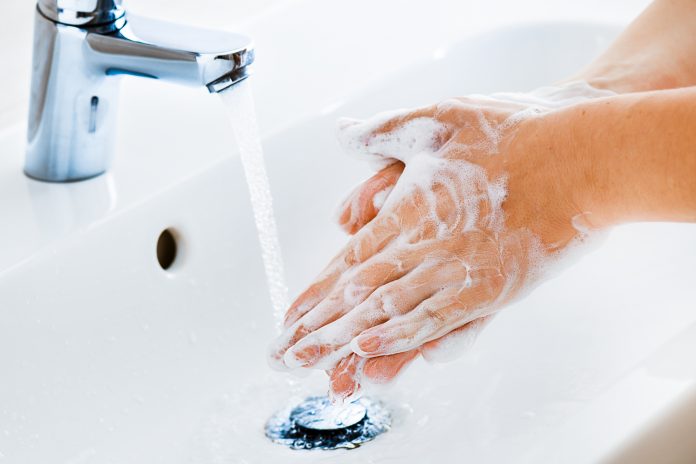Experts believe that soaps that claim to be `antimicrobial’ or `antibacterial’ are no better than ordinary soaps and are feeding the growing superbug problem.
Researchers from Monash University are saying that demand for household soaps with antimicrobial additives has spiked during the pandemic, with consumers duped by the false premise that they provide superior protection against germs and disease.
Professor Trevor Lithgow, Director of Monash University’s Centre to Impact AMR, says ordinary soap and water is an effective hand hygiene solution and reduces unnecessary exposure to chemicals that are feeding antimicrobial resistance (AMR) and creating superbugs.
According to Professor Lithgow superbugs such as bacteria that are immune to antibiotics and other pharmaceuticals are predicted to kill 10 million people a year by 2050, including tens of thousands of Australians. While overuse of antibiotics is also driving these superbug infections, antimicrobial soaps and detergents are a contributing factor and should be banned.
In 2016, the United States Food and Drug Administration (FDA) banned the use of triclosan and 18 other antimicrobial chemicals from household soap products. Professor Lithgow says Australia should follow suit.
“It’s a very simple public health message: when it comes to hand hygiene, ordinary soaps are 100% effective,” Professor Lithgow says. “To suggest otherwise is a marketing ploy used by soaps manufacturers that plays on human fear.
“Not only are the antimicrobial chemicals added into some soaps unnecessary, but they are also bad for public health. Every time we use antimicrobial compounds that are designed to kill bacteria, the bacteria respond by getting tougher and more aggressive, ultimately becoming resistant to conventional therapies like antibiotics.”
Antimicrobial additives are also used in household laundry and cleaning products, where they upset the balance of good bacteria in the home and are routinely washed down the sink and into waterways. This is happening in high volume, with the Australian Soap and Cleaning Compound Manufacturing industry worth $2.5 billion, according to IBISWorld.
Impact through choice at the supermarket
Last year, Monash University started transitioning away from using antimicrobial soaps and cleaning products in on-campus public spaces, and Professor Lithgow wants to take the campaign into the broader community.
In lieu of government regulation banning antimicrobial in household soaps, consumers can make a real impact through the choices they make at the supermarket, Professor Lithgow says.
“This is a low-cost solution to a very big problem. Ultimately industry will have to change the nature of what they produce and how they market soaps to consumers. We are working to generate greater public awareness about AMR. Limiting the number of deaths caused by AMR infections requires sustainable solutions: from how we wash our hands, to how we approach our GPs for antibiotics.
“We are not suggesting for a minute that people should wash their hands less. We have all learned great lessons in hand hygiene from the Covid pandemic. If it is your only option, using antibacterial soap is better than no soap at all. However, as a sustainable solution, we want consumers to have the best soaps and cleaners available, and that means removing antimicrobial chemical additives.”
To read more about Professor Lithgow’s views on antimicrobial soaps, visit: Monash Lens.










